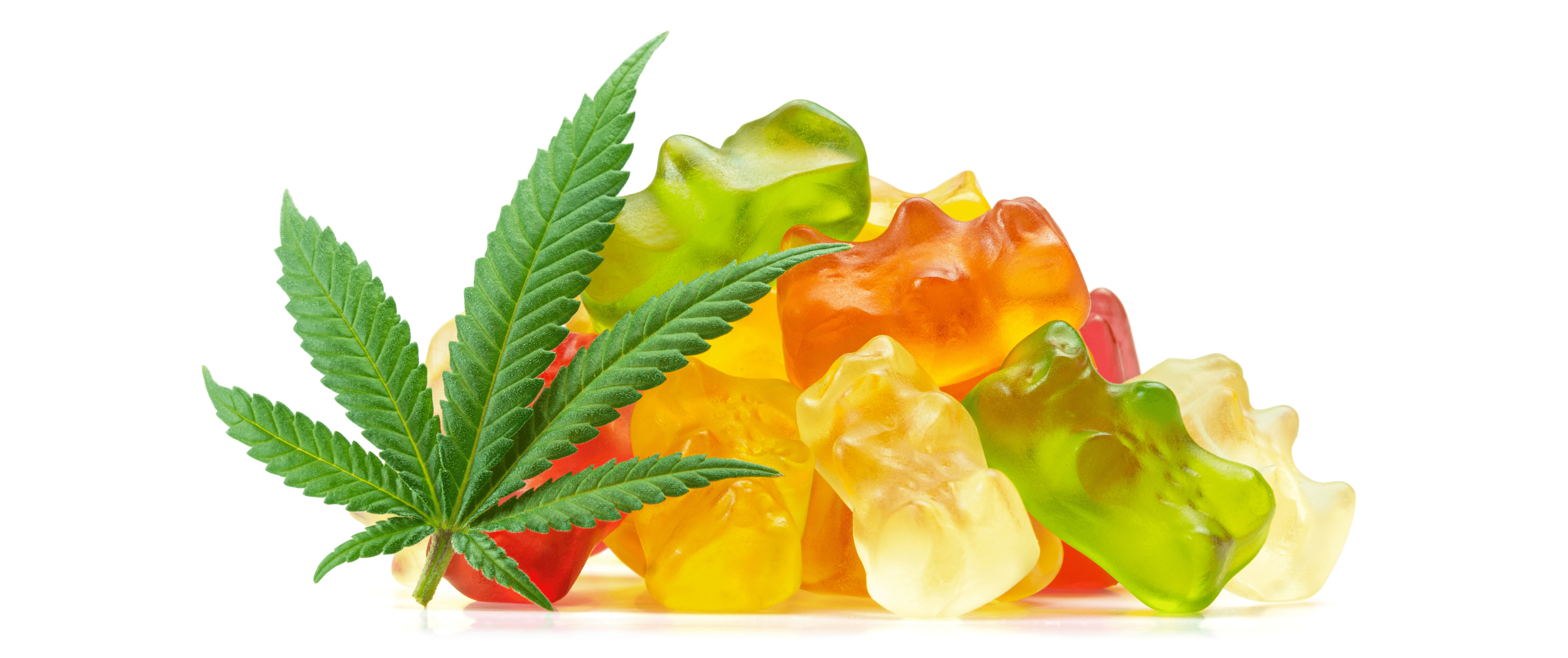Demand is high, but are foods containing CBD safe?

The recent shift in the legal status of cannabis and cannabinoids around the world has led to a global arms race to fill the resultant gap in the market, which by 2027 is expected to be valued at USD 73.6 billion. One particular cannabinoid, cannabidiol (CBD), has been the subject of much scrutiny, having become a popular addition to non-medicinal food-grade products.
In this article, LGC AXIO Proficiency Testing, provider of a range of proficiency testing services for this emergent sector, asks: are these products safe?
Unlike the principal psychoactive constituent of cannabis, delta-9-tetrahydrocannabinol (THC), CBD is a non-psychoactive cannabinoid derivable from both the marijuana and hemp varieties of the Cannabis sativa plant. The latter’s naturally low levels of THC (>0.3%) have led to its dominance in the market, with around 59.6% of CBD revenue shares in 2020 coming from hemp-based products.
Despite having been praised by its advocates as a panacea for anxiety, PTSD, chronic pain, some epileptic syndromes, and even schizophrenia, CBD has attracted its fair share of scepticism, with some commentators arguing that the substance’s uncertain legal status is stalling serious investigation. In 2017, however, the World Health Organization (WHO) published a report finding that CBD could provide relief for a variety of debilitating conditions, and that, “to date, there is no evidence of recreational use of CBD or any public health related problems associated with the use of pure CBD.”

Of course, there is a world of difference between a pure and impure substance, and it is not necessarily the case that all CBD products are created equally. In line with the explosive growth in CBD’s popularity, new product formats have emerged to cater to a wider variety of consumers, including creams, oils, tinctures, concentrate, capsules, topical solutions, and edibles, all of which have brought with them the difficulties of certification.
One 2019 study investigated whether food-grade CBD products in Germany, which are not subject to the strict rules of medicinal products, might be contaminated with THC, thereby causing unwanted side effects. The researchers found that around 25% of food-grade CBD products contained levels of THC above the lowest observed adverse effects level (2.5 mg/day.) “The safety, efficacy and purity of commercial CBD products is highly questionable,” wrote the study’s authors, “and all of the products in our sample collection showed various non-conformities to European food law.” Their findings echoed those of a case uncovered just a few months prior, in which commercial CBD oil given to a paediatric patient was found to have been contaminated with AB-FUBINACA, a dangerous synthetic cannabinoid also known by its street name “spice”.

Alongside questions around purity, there is also cause for concern when it comes to actual CBD levels in food products. Writing for The Guardian in 2019, Mike Power argued that the burgeoning industry was “taking consumers for a ride”, with more than half of the most popular CBD oils sold in the UK not containing the level of CBD promised on the label. “A look at the label of those products shows that many are sold at such low concentrations that even the guesstimated doses, measured in drops, cannot deliver more than a scant few milligrammes of the active ingredient.”
The solution? Science.
Though still in its infancy, the global CBD market was valued at USD 2.8 billion in 2020, and is expected to expand at a compound annual growth rate (CAGR) of 21.2% from 2021 to 2028. In the UK, market research published by the Centre for Medicinal Cannabis predicted that the market will be valued just short of £1 billion by 2025, equivalent to the entire UK herbal supplement market in 2016.
Despite its rapid growth (or perhaps because of it), the CBD market has proved difficult to police, with experts at LGC’s recent Measurement Matters symposium making reference to the “legislative Wild West” that characterises the industry. Not only does such a state of affairs allow fraudsters to profit in place of legitimate businesses, but it also severely endangers consumers unable to trust in the quality of the products they choose to purchase.
Rest assured that change is coming. In the UK, businesses wishing to continue to sell food products containing CBD had until the 31st of March 2021 to submit a novel food authorisation application to the Food Standards Authority (FSA). After this date, only products for which an application has been validated are allowed to remain on the market.
In order to ensure those products that remain in circulation or are introduced to the market in future are safe, it’s vital that food safety laboratories are able to independently verify them as such. For this reason, AXIO are delighted to offer a number of proficiency testing schemes designed specifically for this emergent sector. 849 – Cannabidiol (CBD) in food tests CBD analysis performance via a ‘gummy’ matrix, whilst 16 - Cannabidiol in supplements utilises an oil or material matrix.
Our broader cannabis portfolio includes PT programs for the analysis of active ingredients (with or without THC), terpenes, mycotoxins, elements, pesticides, Salmonella, and microbiological quality. Each program is available individually or as part of our broader Cannabis and related products PT Scheme.
If your laboratory performs cannabis or cannabinoid analysis, AXIO are your perfect partners in proficiency testing. With over 40 years of experience supporting laboratories with all their proficiency testing needs, we’re here to help you in your quest for high-quality, reliable results. Get in touch with one of our specialists to find out how we can support you.

